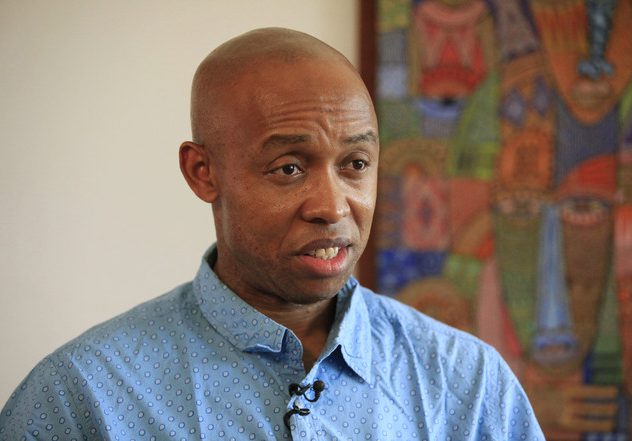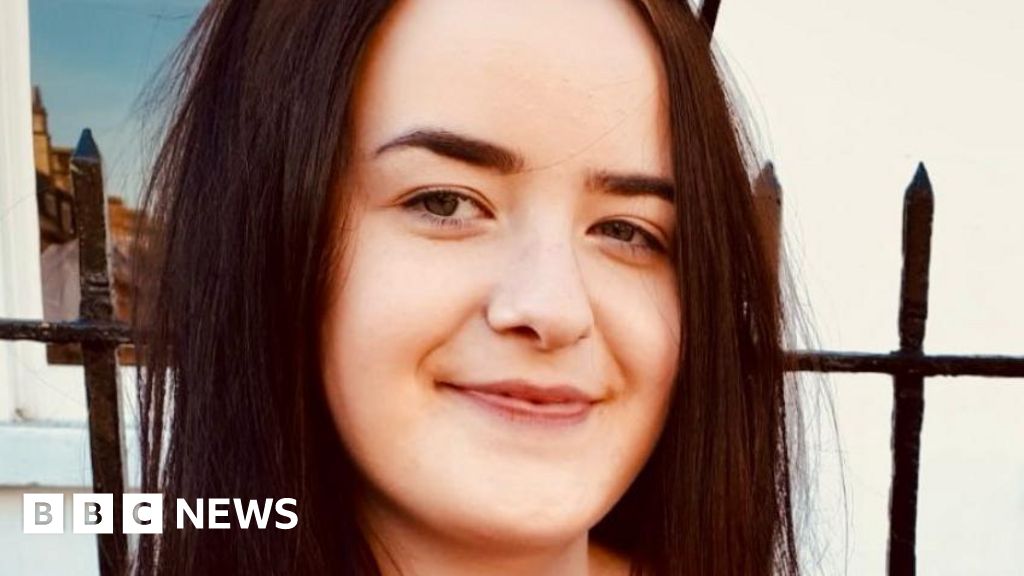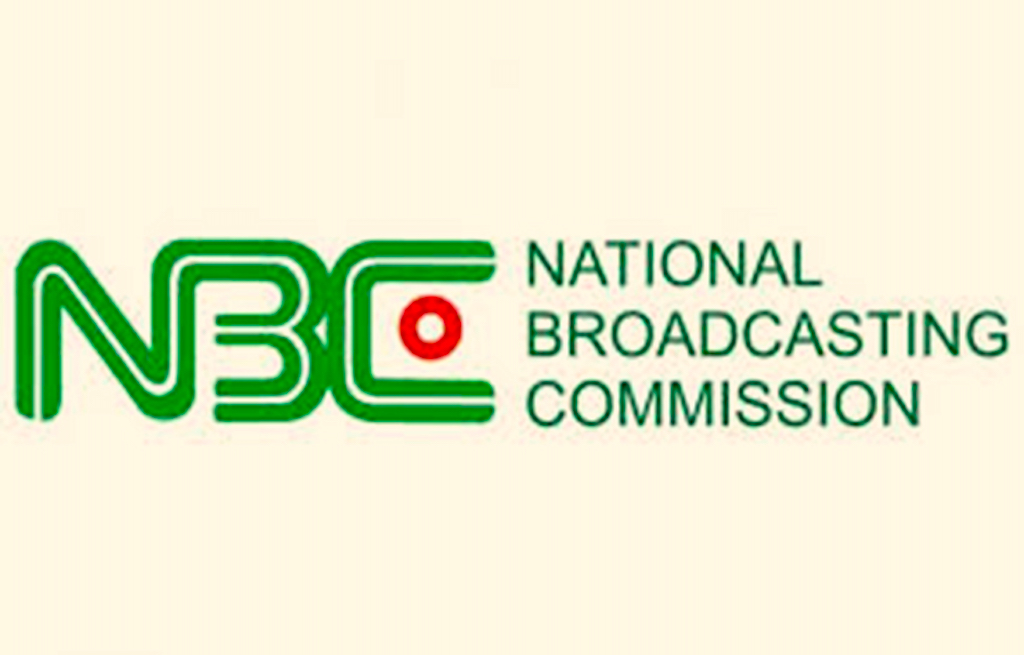The United Nations Children Fund and the Kano State government, on Thursday, expressed commitment and readiness to tackle anaemia in pregnancy in the state.
UNICEF also commended Kano state Governor, Abba Yusuf, for approving the immediate release of N500 million to procure Ready To Use Therapeutic Foods for the management of severe acute malnutrition among children under the age of five years.
To this end, UNICEF has pledged to release the sum of N500 million as a matching grant through the Child Nutritional Fund.
The UNICEF Kano Field Office Nutrition Specialist, Oluniyi Oyedokun, made the disclosure in his opening remarks during the opening ceremony of a two-day stakeholders’ inception meeting on the scale-up of Multiple Micronutrient Supplements in Kano state.
Oluniyi, therefore described MMS as, “an essential and effective intervention for anaemia reduction and improved pregnancy outcomes globally.
“Policymakers should know that MMS is very important. Government should make haste to release funds for the procurement of MMS to save the lives of the pregnant women and the generations unborn,” he said.
Oluniyi enjoined all stakeholders to view the prevention of anaemia in pregnancy holistically, from the perspective of social behavioural change, creating an enabling environment for MMS acceptability and intervention, and the needed roles government and policymakers should play in preventing anaemia among pregnant women.
Furthermore, he explained that the MMS scale-up project in Kano state is being funded by Bill and Melinda Gates Foundation, pointing out that only five states in Nigeria, including Kano are currently benefiting from the project.
Similarly, he expressed appreciation for the efforts of the Kano state Commissioner for Health, and the Director of Public Health in the Ministry, Dr. Imam Bello, in championing nutrition and other related issues concerning the health of women and children in the state.
Earlier, the Commissioner for Health, Dr. Labaran Yusuf, who was represented by the acting Permanent Secretary in the Ministry, Shehu Shehu, thanked UNICEF and other partners for their prompt intervention in Kano state particularly on primary healthcare for children and pregnant women.
He stressed that it is important to plan effectively in line with the slogan that: “when you fail to plan, you plan to fail”.
He expressed satisfaction that the meeting is important and timely, as well as help to overcome the challenges of anaemia and malnutrition in Kano state.
He confirmed that the state Government is committed to releasing N500 million to partner with UNICEF for the procurement of RUTF through the Child Nutrition Match Fund.
In his remarks on the occasion, the Director-General, Kano State Primary Healthcare Management Board, Dr. Muhammad Mahmood, who was represented by the Director of Family Health Services in the Board, Dr. Ahmed Habib, expressed confidence that effective MMS intervention will improve the reduction in mortality rate among pregnant women.
He commended UNICEF and other development partners for their resilience towards ensuring that Kano state benefits substantially from the MMS intervention.
He said he hoped that the objectives of the meeting which include: sharing the concept and deliverable of the BMGF-funded MMS scale-up project to state-level stakeholders in Kano state will be achieved.
He listed other objectives of the meeting including: outlining and agreeing on the roles and responsibilities of partners; identifying an enabling environment for leveraging government resources for procurement of MMS; and developing a work-plan and agreeing on modalities of implementation.
In his presentation entitled: “Nutrition Landscape Situation In Kano,” Dr.Imam Wada Bello lamented “severe acute malnutrition rate among pregnant women and under-five children in Kano state.
He stated “Everything starts from that woman getting pregnant! Is she malnourished? Is she actually prepared for the pregnancy? Pregnant women ought not to be anaemic. We preach exclusive breastfeeding, but the question is this: where will the nourished milk come from if the nursing mother is anaemic?”

 3 months ago
4
3 months ago
4














 English (US) ·
English (US) ·